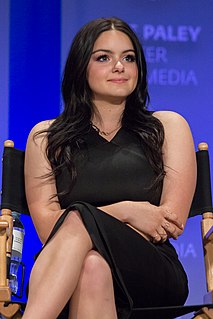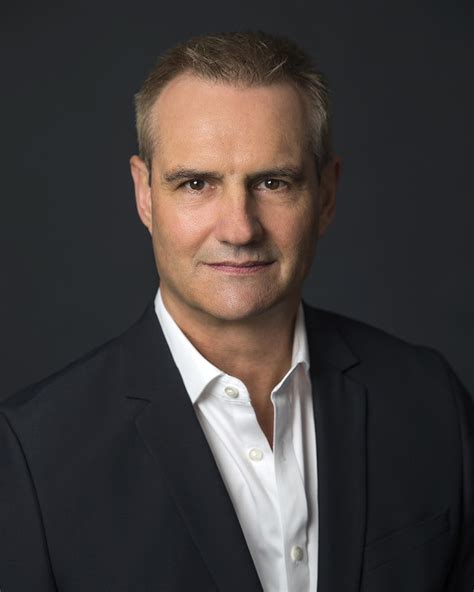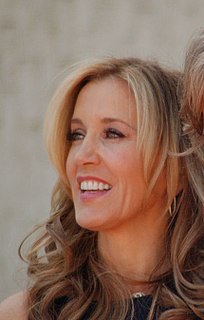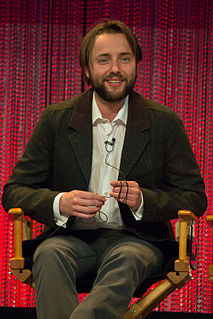A Quote by Ruth Negga
What's really important is the people, first of all. I like working with people who are kind, above all else. I don't really want to work with someone who will manipulate me. The idea that you must treat actors a certain way in order to get a performance out of them kind of disturbs me, and it's disregarding what we do. Our job is to do our job.
Related Quotes
I am very excited to work with people who have a strong vision of what they want. They're trying to tell a story, and they want to use me. I'm there to facilitate that. I really like that. I'm like, "Tell me where your frame is. Tell me what you want, what kind of story you want, and I will facilitate it." That's sort of my job, and it makes my work better when I'm working in that kind of a frame, and hopefully it's their work. It's incredibly collaborative, in the sense that you're working toward a common goal.
A lot of actors lack confidence - even if you're doing really well, you kind of feel like this might be your last job. I enjoy the feeling of, "Maybe I've bitten off more than I can chew," and then working really, really hard and thinking, "Wow, I like that. I did that." Don't get me wrong, I'm not the kind of person who jumps out of planes and enjoys bungee jumping or anything like that, but I definitely enjoy living quite spontaneously and going with the wind.
The good reviews that people have told me about through the years haven't really helped me do my job. So it's kind of like, if your hair turns out right you want to go out, you don't just want to stay in and look in the mirror. That's kind of what reading a review is like to me; it's like reveling in something that's just one night.
I'm very conscious about the way I treat people because I was never really taught to treat people in a respectful or kind way. I never really saw that role model, so for me, that made me just want to be the opposite of what I had and treat people the opposite of the way I saw other people treat other people.
When you're working as an actor, you don't think that when you get out of school, it's going to be so hard to get a job. Just to get a job. Any job. Whatsoever. You don't think that people are going to see you in a certain way. Uta Hagen said this, "In my life, I see myself as just this, you know, kind of flamboyant, kind of sexy middle-aged woman. And then I see myself onscreen, and I go 'Oh my God.'" And it's the same thing with me. I didn't see myself any different from my white counterparts in school. I just didn't!
I think now that I've tried directing, I'm not interested in doing adaptations anymore. I could do an adaptation of someone else's work that I would write, but the idea of taking someone else's material entirely doesn't interest me. One of the things that I found really helpful, at least in my mind - and I've never discussed this with the actors or with the people I work with - is that being a neophyte in directing, I feel like I have a kind of authority simply because I'm the writer as well.
No, I wouldn't direct a movie, no. I couldn't. I don't have the patience for it, I don't have the people skills. You have to be clever. I'm not really clever in that kind of way. And you have to be able to manipulate people, but at the same time allow them to feel like they are manipulating you, to get the kind of movie that you want.
I've worked with actors before where I was like, this is not working, and then I've seen their work on the screen and I've been like, Wow, that was a really great performance. Because there are a lot of elements with film. It's not like stage. It's not a kind of performance art anymore; it's a highly tuned kind of collaboration - a symphony.


































